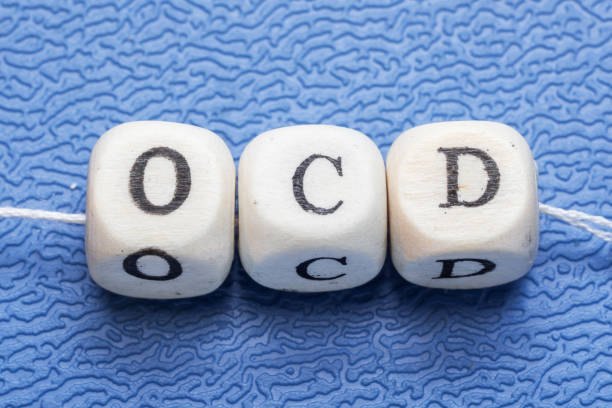Life can be hard sometimes. There are days when you wake up feeling sad, tired, lonely, alone, and stressed out. These feelings are normal and valid unless they affect your overall mental health and daily life.
In such situations, you may approach a doctor to discuss the need for an emotional support animal as part of your treatment.
While we all need emotional support, some might need them more than others. Here are five signs that indicate having an ESA may be beneficial for you:
1. A Mental Health Issue
Some of the factors that lead to mental health issues are excessive stress and depression. When you’re diagnosed with a mental disability, it can affect your life—especially your personal and work life. To balance your mental health, you may need a dog, cat, rabbit, or bird as an emotional support animal.
An ESA letter will be given to you telling your animal is an emotional support animal and is allowed to be with you in all public places and that they are part of the treatment plan.
2. Depression or PTSD Symptoms
Depression can be difficult to catch, while Post-Traumatic Stress Disorder (PTSD) manifests as mood swings, headaches, constant flashbacks of traumatic events, nightmares, and periods of absent-mindedness. An emotional support animal helps relieve stress, renews the mind, and gives off positive energy.

3. Anxiety
Anxiety is a fear of being surrounded by people at any event. This is because of the life-changing situations you are experiencing over time. Through emotional animal support, you’ll learn to socialize with a pet and the people around you.
4. Intense Loneliness
Someone with mental health issues needs a support system to help them carry through. But, even though you have family and friends, there may be times when you just can’t control your loneliness. When no one seems to comfort and console you, consider having an emotional support animal with you.
Even when animals cannot talk, they can still listen to you. Sometimes simply being beside you while going through the hardest phases of your life is good enough. Their company is comforting, and they can be very reliable too.
5. Obsessive-Compulsive Disorder
A person with OCD has an obsession with making everything clean, organized, and neat. Some are obsessed with constantly checking their loved ones because of worry. Others are into padlocks and switches that may secure their safety. Although medical treatment is needed for this type of disorder to ensure that obsession is controlled, having an ESA by your side proves to be just as helpful.
Conclusion
Experiencing any kind of mental health issue can be challenging. It can lead to various physical problems that may be detrimental to a person’s health. If the medical treatment plan does not suffice, doctors may propose an emotional support animal as an alternative. There’s so much more to human-animal relationships. They give us a sense of companionship that sometimes humans can’t provide. Their loyalty and presence are enough to give us the emotional support we need.
Read more: 7 Qualities That Would Make Your Pet a Good Emotional Support Animal
Do you own an assistance animal? Register your pet today.
The Service Animal Registry of California invites you to have your assistance animal registered in order to designate its status. We also encourage you to take our online classes so you can be fully aware of your rights and gain more knowledge about your support animal.
Finally, we present to you our book entitled, “ASSISTANCE ANIMAL LAWS: LEARN YOUR RIGHTS REGARDING SERVICE ANIMALS, EMOTIONAL SUPPORT ANIMALS, THERAPY PETS, AND OTHER DOGS, CATS, AND ASSISTANCE ANIMALS” to provide you with a complete education on assistance animals.
Purchase your copy of the book by clicking the image below.



